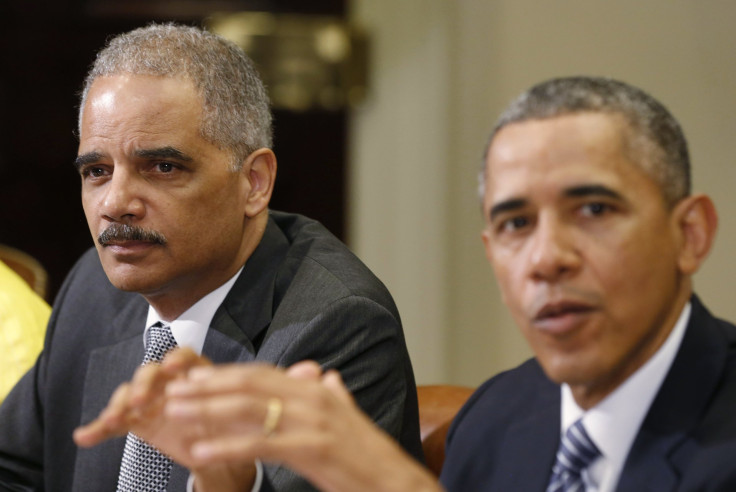More Than 18,000 Prisoners Apply For Reduced Sentences Under Obama's New Clemency Program

More than 18,000 prisoners have filled out electronic surveys to apply for reduced sentences as part of President Barack Obama’s drug clemency program.
The new program, which is designed to clear federal prisoners convicted of nonviolent offenses, actively solicits inmates that have served more than 10 years for nonviolent crimes, the majority of which are drug-related. Announced by the Justice Department in April, the initiative is meant to give leeway to prisoners who were sentenced under now obsolete drug laws that locked people up for decades.
As opposed to the past 12 years where 18,000 federal prisoners had applied for commutations, that number was met in less than two months under the new program. This is a significant change from Obama’s last term where he granted the fewest pardons of any modern president. Now, he may be responsible for commuting the sentences of hundreds, if not thousands, of nonviolent offenders.
“Clemency Project 2014,” a group of public defenders and legal advocates, will sift through the initial 18,000 petitions. They will choose the best ones and then send them to the Office of the Pardon Attorney in the coming months.
Some of the requirements include prisoners that have served at least 10 years and have no history of violence. Another criteria to consider is whether the inmates’ sentences would be lower if convicted of the same offense today.
“It is going to be a lot of work to look at this number of applications and many of them are going to present difficult questions,” Mark Osler, a professor at the University of St. Thomas Law and member of the Clemency Project told the Associated Press. “We also expect to enlist some of the smartest attorneys in the United States to help.”
© Copyright IBTimes 2024. All rights reserved.












